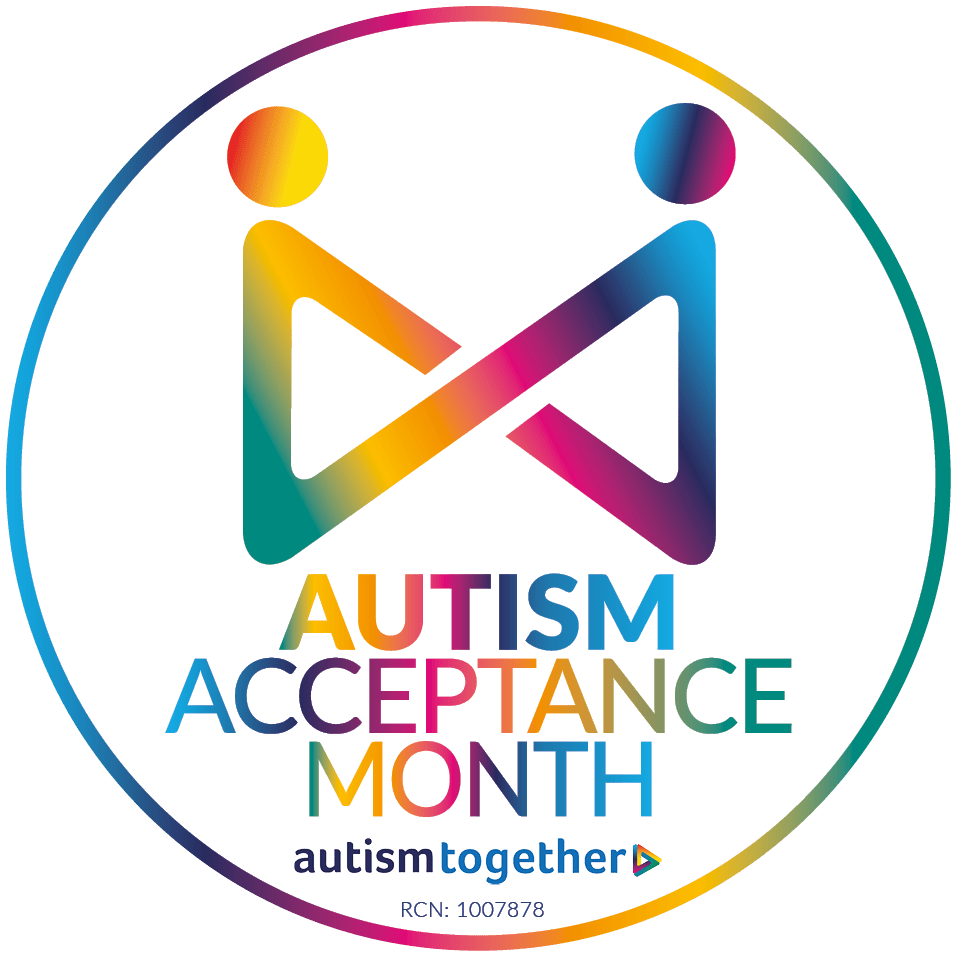April is Autism Acceptance Month and in this post, Eloise Parr, a newly diagnosed autistic PGR in English Language and Applied Linguistics, shares her journey of self-acceptance.
As a newly diagnosed autistic person*, Autism Acceptance Month has very much been for me as well as those who are allistic (not autistic).
Whenever I would talk to someone about being stressed and overwhelmed with the amount of things I had to do for my PhD, they’d tell me that was normal. Whenever I talked to someone about balancing PhD work and household chores, they’d tell me that was normal. Whenever I would talk to someone about being really anxious about speaking at conferences and not knowing what to say during a networking session, they’d tell me that was normal too.

Those people were right up to a point. It is normal to sometimes feel stressed and anxious as a PGR. What wasn’t normal was how often and how intensely I was experiencing anxiety and stress, and how none of the usual fixes (a change of scenery, talking to friends, meditation, cognitive behavioural therapy, etc) seemed to help at all.
It wasn’t until a friend of mine told me I might be autistic that it all began to make sense. After hours of internet research for days on end (it’s very common for autistic people to hyperfocus on a topic like this) and talking to all of my autistic friends (again, it’s very common for autistic people to gravitate to one another accidentally or intentionally), I finally started to feel I had answers for why being told my struggles were ‘normal’ didn’t sit right with me.
In November last year, I was finally diagnosed with autism at the age of 25. Although I qualify for the label of ‘late diagnosed’, I feel somewhat fortunate that I was able to find this out now compared to many who are diagnosed or self-diagnosed in much later stages of life. That being said. once I gained that diagnosis, I went from non-disabled and neurotypical to disabled and neurodivergent* seemingly overnight. Of course, in reality, I’d always been disabled, it’s just I had always treated myself and been treated as if I were non-disabled up until that point. This meant I wasn’t able to give myself the accommodations I needed and was instead making things worse by pushing myself too much.
As soon as I began to discover what autism looked like for me, I felt a weight had been lifted off me but also found myself struggling more with things I once did with apparent relative ease. This is because I realised how much I’d been pushing myself into a state of discomfort without even realising it. For example, I suddenly found social situations more difficult once I was aware of how sensitive I was to loud noises and the unconscious effort I used to put in to create appropriate levels of eye contact and facial expressions.
It was very demotivating to find out I will always have struggles that many others won’t have, but it’s just meant that I have had to find what support I need from the people around me and what support I need from myself. For me, these changes are working in shorter, focused sprints rather than a 9-5 (the Shut Up and Work sessions in the Main Library have been a god-send!), making sure my supervisors set me clear deadlines between supervisions, and making sure my working environment is filled with fidget toys.
My journey of self-acceptance is far from over but once I stopped forcing myself to be someone I wasn’t, I was able to understand and accept myself a lot more than before.
* A note on terminology: although some people have individual preferences, the autistic community has shared a general preference for identity-first language (autistic person) rather than person-first language (person with autism). This is the language I prefer too, but it’s also best to ask someone what they prefer if you’re not sure. I will also be using the term ‘neurodivergent’ to describe myself and others. This isn’t an interchangeable term for autistic but is an umbrella term used to describe anyone who isn’t the dominant neurotype (neurotypical). This includes autism, ADHD, Tourette’s, dyslexia, dyspraxia, bipolar, etc. More information.
